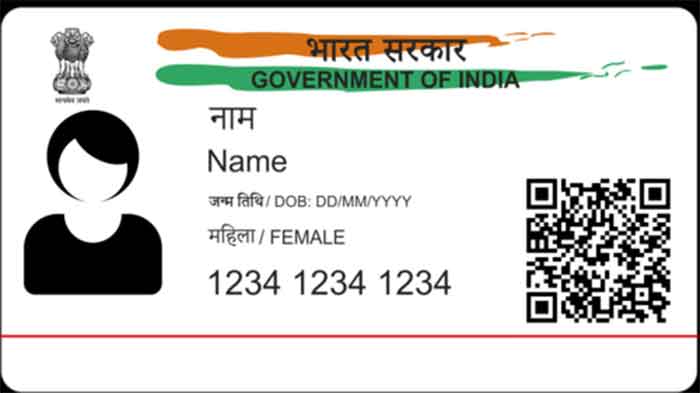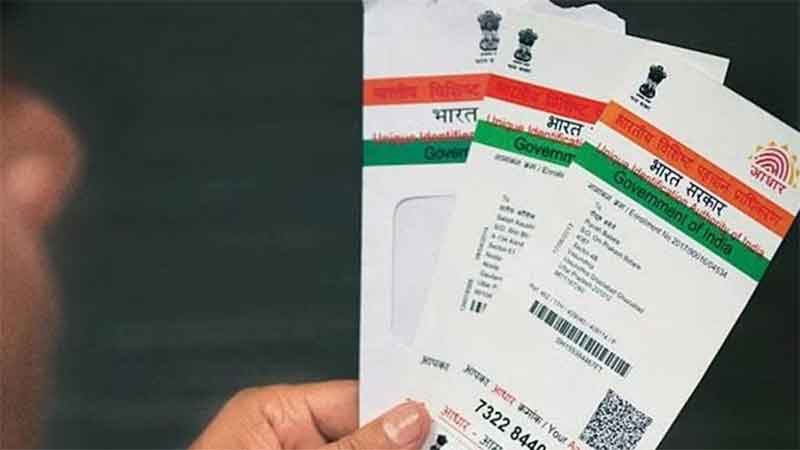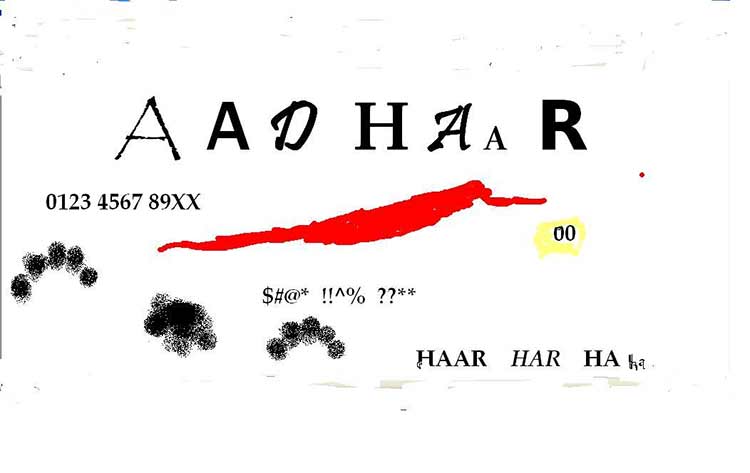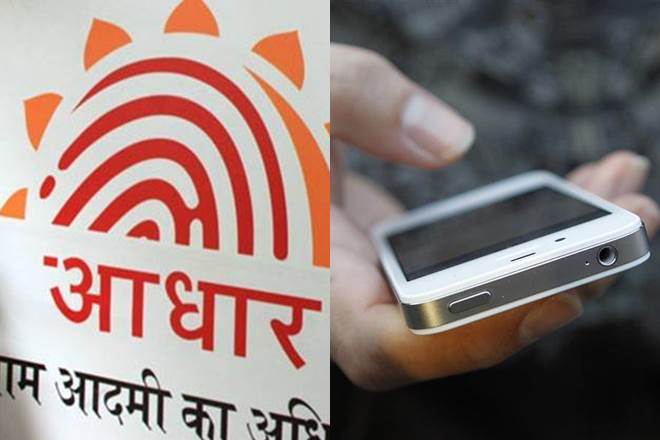
The Indian government has proposed changes the regulations around Aadhaar to allow private entities to conduct Aadhaar-based verification with its permission. On April 20, 2023, the government amended the Aadhaar Authentication for Good Governance (Social Welfare, Innovation, Knowledge) Rules, 2020. The purposes for Aadhaar authentication listed in sub-rule (1) of Rule 3 have been expanded to include a new clause: “(aa) promoting ease of living of residents and enabling better access to services for them”. Rule 4 has been amended to allow “any entity other than the Ministry or Department” that wishes to utilize Aadhaar authentication after governmental approval.
These proposed amendments were open to public feedback until May 5. This marks yet another move by the Indian government to rapidly scale up the use of Aadhaar and make it not only compulsory but an exclusive identity proof to access almost all services essential to modern life. A potential fallout of this move is that “it can incentivize unnecessary use of Aadhaar for any objective which is even remotely related to providing a service, and can gradually limit the possibilities of producing other identity proofs for availing basic facilities related to employment, education, financial services, etc.”
Ever-expanding net of Aadhaar
As Reetika Khera notes in her Introduction to Dissent on Aadhaar: Big Data Meets Big Brother (2019), Aadhaar was expanded from being a “voluntary” government service primarily meant to access welfare, to an all-encompassing compulsion with the passage of the Aadhaar Act in 2016. Khera traces and contextualizes the shifts in the Aadhaar narrative as it reinvented itself flexibly as a “welfare enhancing technocratic initiative, a project for financial inclusion, an administrative aid against terrorism and better tax administration, and most recently, a big data opportunity”. What this shows is the widening net of Aadhaar, and the view of welfare benefits or other state services as a transaction wherein the individual gives the State the right to know, through Aadhaar.
Guided by its right-wing neoliberal ideology, the policies of privatization that the Indian government has imposed are aimed at making citizens dependant on the private sector and its corporate heavyweights for all their needs and desires. Making it possible for them to use Aadhaar as the sole gateway through which their services will flow enables greater profiling and erosion of individual privacy.
Dissent on Aadhaar also comments on the process by which an “elite consensus” was manufactured around Aadhaar without allowing time for a “fair debate” to take place. Khera’s Introduction notes how the government’s drive has been to “seed” people’s Aadhaar numbers in as many databases as possible, public or private. This serves private interests, especially in the fields of insurance and credit rating. This also allows the government to pool data about an individual from various sources and zone in on them should it need: ‘suspicious’ travel history, purchasing habits, frequent locations, donations, and funding— all the information it needs to silence, smear, or disrupt the work of ‘inconvenient’ people. For this to work, Aadhaar needs to be bulldozed into all aspects of life.
Mandatory Aadhaar: A threat to democratic and human rights
Marginalized and vulnerable sections of society: Dalits, the working poor, women, children, and the elderly have often suffered and even lost their lives for not having an Aadhaar card or being unable to obtain one. In these cases and many more, Aadhaar has become implicated in the denial of life and dignity to people. The fact of not existing on a centralized database, or being unwilling or unable to prove that you do, should not erase your entitlements as an Indian citizen and a human being.
Being unable to opt out of Aadhaar or refuse it altogether point strongly to it being a mechanism of control and extraction. Where Aadhaar is resisted, the government adopts disingenuous methods like extending the deadline for linking Aadhaar cards to Voter IDs while also saying that the linkage is ‘voluntary’. In reality, reports say that people are being coerced into linking the two documents as well. Khera argues here that we might end up disenfranchised without an Aadhar card altogether, and this opinion piece details how Aadhaar can impact the integrity of elections and lead to the selective removal of voters from the rolls.
How secure is Aadhaar?
Aadhaar has often been touted as a means to achieve “targeted” and “streamlined” delivery of benefits and services, cutting out ‘middlemen’ and the corruption they indulge in. It is supposed to make things faster, and allow those who were previously ‘invisible’ and unidentified to claim the benefits they are entitled to.
However, there are many cases of theft and fraud by organized crime groups that have occurred despite the Aadhaar-Enabled Payment System (AEPS). Reports of biometric details being cloned to enable cash withdrawals through AEPS from Andhra Pradesh, or to siphon off money from bank accounts as in this case from Gurugram in Haryana show that Aadhaar is hardly the end-to-end ‘fix’ it is made out to be, and suffers from security weaknesses. In fact, in 2021 the NPCI had issued guidelines for banks to compensate customers for AEPS-related frauds, something it would not have to do if this were not a significant problem.
Last month, police in Gujarat got wind of a website that makes it possible to download fake Aadhaar and PAN cards. These examples ought to add a few pinches of salt to the sweet talk of an absolutely unique and infallible ID.
Aadhaar: A weapon against workers?
The resistance from workers under the MGNREGA scheme against the move to disburse payments through “Aadhaar Based Payment System (ABPS) only” shows us that Aadhaar in fact enables the exclusion of legitimate beneficiaries who have worked hard for their wages. This move was announced by the government on January 30 and was immediately criticized as “[throwing] a veritable grenade at MGNREGA”, and “an assault on the right to work” by the NREGA Sangharsh Morcha, which termed it a case of “imposing an unreliable payment system that will exacerbate wage delays and denials by force”. Its stand is that a majority of eligible workers will become ineligible due to not being in the Aadhaar system. The civil society group has viewed this in conjunction with funding cuts to the NREGA scheme, with the ABPS diktat as a method to “hollow out a law without formally repealing a law.” A detailed breakdown of the adverse impacts on workers and other problems created by this move can be found here.
Conclusion
The Aadhaar project is primarily meant to satisfy political and business interests (which are often intertwined) rather than any serious objective of ‘upliftment, ‘empowerment’, or ‘inclusion’. Forcing everyone to be in the Aadhaar system for one need or the other is a clear case of State-imposed surveillance and creates an undemocratic power differential between the government and corporates vis-a-vis the people. The rapid spread of Aadhaar to all facets of life must therefore be urgently and vigorously resisted.
Arjun Banerjee is a writer and journalist.
















































